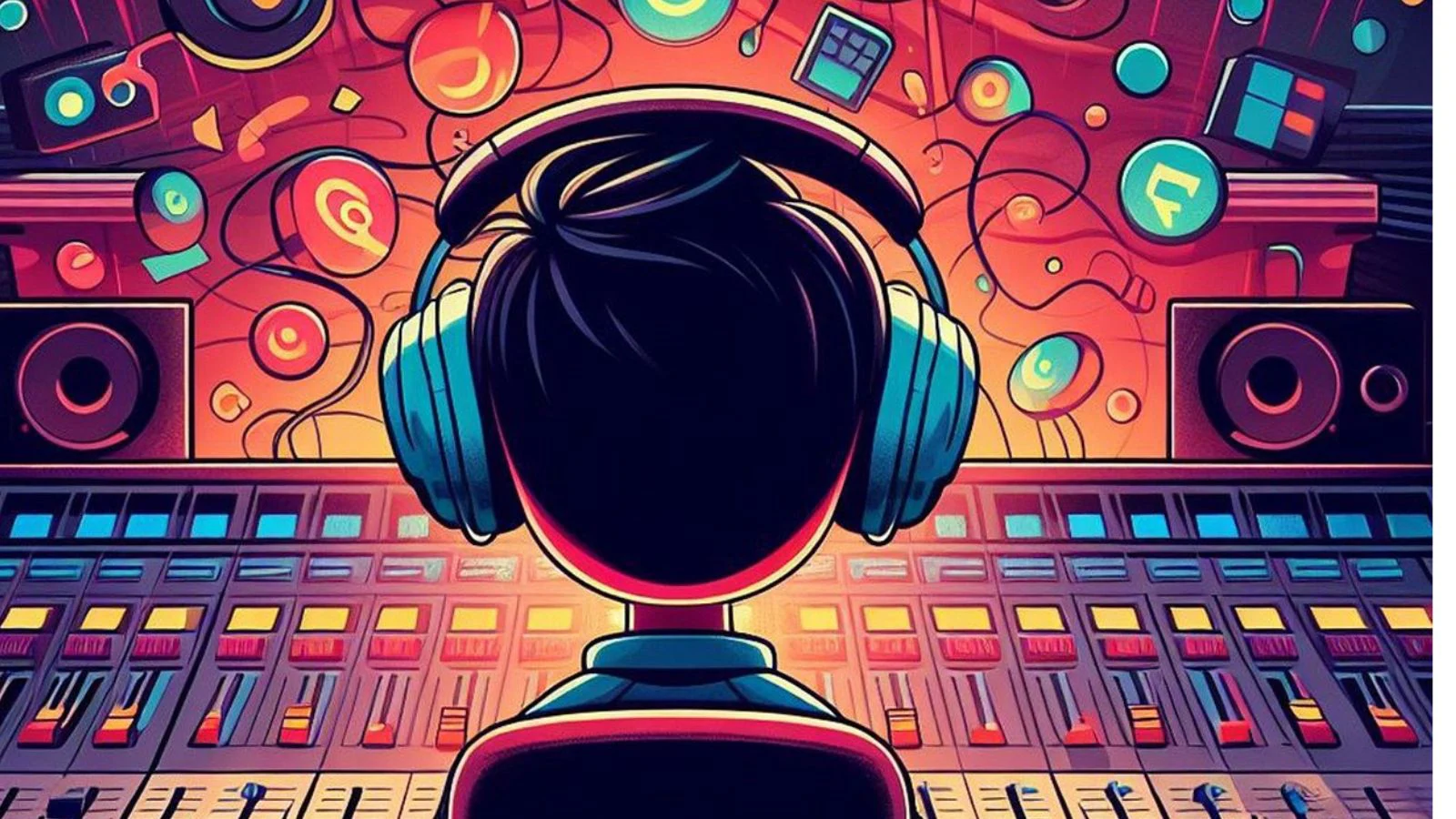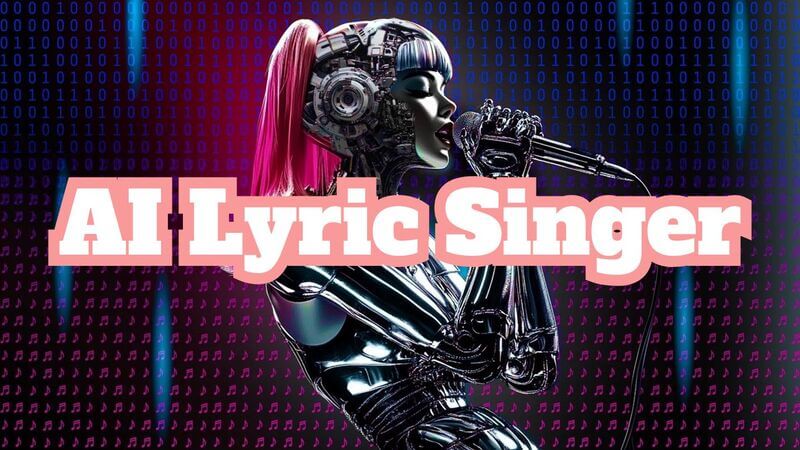Contact partnership@freebeat.ai for guest post/link insertion opportunities.
The world of music creation, once gated by years of instrumental training, music theory, and expensive studio time, is undergoing a profound transformation. In 2025, artificial intelligence has evolved from a curious experiment into an indispensable creative partner. AI music generators are no longer simple tools that spit out generic jingles; they are sophisticated platforms capable of composing complex melodies, generating rich harmonies, and even producing entire songs from a simple text prompt.

This technological leap is fundamentally changing the creative process. Artists, producers, and hobbyists now have access to a powerful ai agent that can smash through writer's block, accelerate production timelines, and open up entirely new avenues for musical exploration. This isn't about replacing human artistry but augmenting it, allowing creators to focus on vision and emotion while the AI handles the technical heavy lifting. But with a rapidly growing market, which platforms are truly leading the charge? We've explored the top contenders to bring you the definitive guide to the 5 best AI music generators that are shaping the future of sound in 2025.
1. Suno
Suno has exploded in popularity for one simple reason: it makes the magic of music creation feel effortless and accessible to everyone. It is the quintessential text-to-music platform, capable of turning a simple descriptive prompt into a full-fledged song, complete with vocals, lyrics, and instrumental backing.
Detailed Features:
Suno's primary function is its all-in-one song generation. A user can type a prompt like "A dreamy synthwave track about driving through Miami at midnight" and, within minutes, receive two distinct song variations to choose from. The AI handles the lyric generation, vocal performance, and full instrumental arrangement. Its interface is simple, encouraging experimentation and sharing, which has helped it build a massive and active community.
Pros
- Incredible Ease of Use
- Surprisingly High-Quality Output
- Excellent for Rapid Ideation
Cons
- Limited Granular Control
- Can Be Stylistically Generic
- Length Limitations

2. freebeat.ai
While all-in-one generators are fantastic for quick results, freebeat.ai carves out its essential place by offering a more modular and powerful approach, positioning itself as a comprehensive creative studio. It acts as a bridge between AI-generated lyrics and professional music production, giving artists and producers more control.
Detailed Features:
The core of its offering is the advanced **ai music generator**. The intended workflow is both powerful and flexible: an artist can first use a dedicated ai lyrics generator like Jasper or Copy.ai to craft the perfect story and words for their song. Then, they bring those finished ai lyrics to freebeat.ai. The platform's AI analyzes the lyrical content—its theme, mood, and structure—to compose a complete, custom instrumental track that perfectly matches the words. Users can guide the AI by specifying genre, instruments, and BPM. This synergy allows for the creation of a cohesive and professional musical work, or even an entire album. Furthermore, freebeat.ai integrates this with its powerful **ai video generator**, allowing you to take your finished song and produce a stunning music video, all within the same ecosystem.
Pros
- Excellent for Building on Existing Ideas
- Integrated Music and Video Workflow
- Greater Creative Control
Cons
- Not a One-Click Solution
- Workflow Requires Multiple Steps

3. Udio
Udio emerged as a top-tier competitor to Suno, winning praise for its exceptionally high-fidelity audio output and features that offer more user control over the final AI Content. It has quickly become a favorite among discerning users who prioritize audio quality.
Detailed Features:
Like Suno, Udio is an all-in-one text-to-music platform. Its key differentiator is the "extend" feature, which allows users to seamlessly add new sections to a generated track. This makes it possible to build out more complex and traditional song structures—crafting an intro, then a verse, a chorus, and a bridge, all while maintaining musical coherence. This feature, combined with its strong audio model, makes it a powerhouse for creating longer and more intricate musical pieces.
Pros
- Superior Audio Quality
- Excellent Song Structure Control
- Strong Community Features
Cons
- Can Be Slower During Peak Times
- Steeper Learning Curve for Advanced Features

AI Music Generator Core Focus
Suno / Udio
All-in-One Song Generation
freebeat.ai
Music & Video Production Suite
AIVA / Mubert
Specialized & Background Music
4. AIVA
AIVA (Artificial Intelligence Virtual Artist) has been around longer than many of its competitors and has carved out a niche by specializing in classical and cinematic music. This is the go-to tool for filmmakers, game developers, and composers needing high-quality orchestral scores.
Detailed Features:
AIVA is trained on a vast collection of classical and symphonic music, allowing it to generate emotionally resonant scores in a variety of styles, from sweeping fantasy epics to tense cinematic underscores. Its most powerful feature for professionals is the ability to export generations as MIDI files. This gives composers full control to edit every single note, change instrumentation, and integrate the AI's ideas into their own professional workflow using a DAW (Digital Audio Workstation).
Pros
- Unmatched for Classical/Cinematic Music
- MIDI Export for Full Control
- Royalty-Free Licensing Options
Cons
- Not Ideal for Pop/Electronic Genres
- Interface is More Complex
5. Mubert
Mubert serves a different but equally important segment of the creator economy: those who need high-quality, royalty-free background music on demand. It's designed for content creators, streamers, and businesses.
Detailed Features:
Instead of generating finite songs, Mubert excels at creating continuous, genre-specific music streams that can be tailored by mood, activity, or style. A streamer could generate an endless "chill lo-fi" stream for their broadcast, or a filmmaker could find the perfect "energetic corporate" track for a promotional video. Its API is also a major feature, allowing developers to integrate Mubert's generative music into their own apps and platforms.
Pros
- Excellent for Background Music
- Clear, Creator-Friendly Licensing
- Powerful API and Integration
Cons
- Not a Songwriting Tool
- Less Suited for Standalone Listening
The Future of Music: A Human-AI Symphony
The rise of these powerful AI tools marks a new chapter in music history. The modern creative workflow is becoming a seamless integration of specialized AI agents. An artist can now use an ai lyrics generator for words, a tool like freebeat.ai for the instrumental track, an ai video agent for visuals, and an ai design platform for album art. The creator is the conductor of this digital orchestra. This symphony of human vision and artificial intelligence is democratizing the arts, empowering a new generation to turn their ideas into masterpieces.


